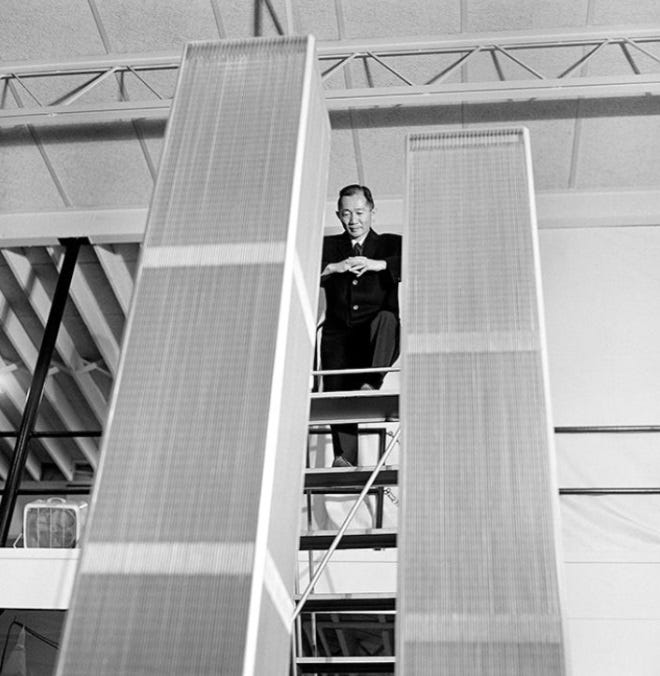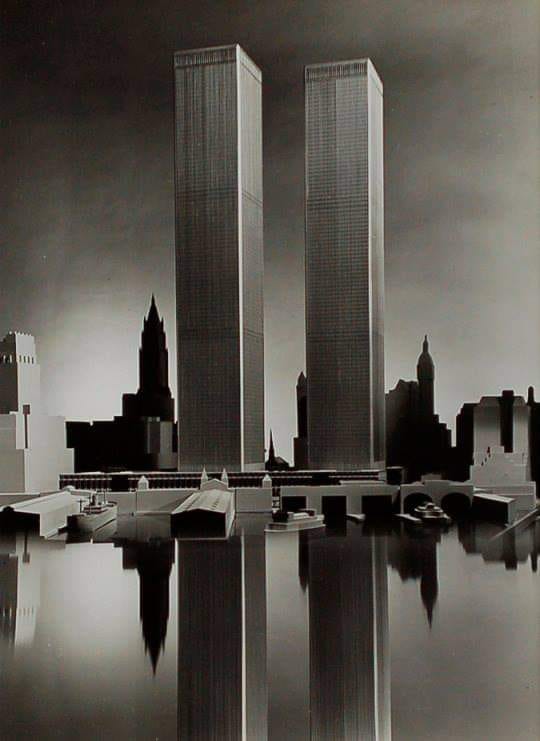Under capitalism, Marx once wrote, ‘all that is solid melts into air’. Every measure of worth dissolves into exchange value; the logic of capital drowns everything ‘in the icy waters of egotistical calculation.’ Capitalist life at its most extreme is characterised by an innate ontological insecurity, a groundlessness, that gives rise to prosperity and dynamism whose magnitude is matched only by the uncertainty of its existence. After the relatively secure years of Keynesianism, which ended in economic turmoil, neoliberal politics pushed Americans and their society closer to this ontological security than perhaps ever before.
But just as Stalinism is a distortion of Marxism, existing neoliberalism is far from the world of free markets and individuals envisioned by Hayek and Friedman. These theorists, it seems, neglected what deregulated markets and financial engineering would do to politics and human freedom. Enabling the growth of vast disparities of wealth, income, and power, neoliberal politics unleashed corporate America. Newly unbound, these corporations came to dominate politics and society in a way these theorists never imagined. Consumer culture also undermined the traditional morality Hayek believed was needed to structure freedom. Nihilism, not Christianity, captured the spiritual mood of the neoliberal American consumer. The corporations that grew rich off these markets ultimately used their power to shield themselves from markets. The rest of us, however, felt the meaning of life give way to economic rationale; subjected to ever more competition, stimulus and enticement, and threatened by the groundlessness at the heart of capitalist society, we did not feel free, but anxious, manic and depressed. What resulted was the most perverse kind of liberty, where the state was captured by corporate interests that undermined democracy, autonomy and market competition, eroding the authoritarian rules necessary for free markets; where economic principles of efficiency and exploitation formed a totalitarian system, conditioning every action and relationship we might have, shaping our histories and confining our futures; and where the so-called ‘sovereign individual’ was given nearly nothing by default—neither home, nor hearth, nor food, but homelessness and hunger were the grand scope of our entitlements. Ultimately, neoliberalism was its own road to serfdom.
The original neoliberal visionaries like Hayek and Friedman would hardly recognise what has been done in their name. Nevertheless, the world was remade in their image. Money, said Marx, is the ‘universal medium’ for ‘turning an image into reality and reality into a mere image.’ At the end of the 20th century, the world drowning in speculative financial capital, the world of Pruitt-Igoe was done. The dream of the World Trade Center was a reality.
‘The World Trade Center is a living symbol of man’s dedication to world peace … a representation of man’s belief in humanity, his need for individual dignity, his beliefs in the cooperation of men, and, through cooperation, his ability to find greatness.’1
—Minoru Yamasaki,1973.
‘Neo-liberalism has changed the fundamental nature of politics... the great new central question of politics is, in my view, "Who has a right to live and who does not.”’2
—Susan George, 1999.
Chapter V coming 2025.
Footnotes
https://nymag.com/news/9-11/10th-anniversary/minoru-yamasaki/
https://www.tni.org/my/node/11938







